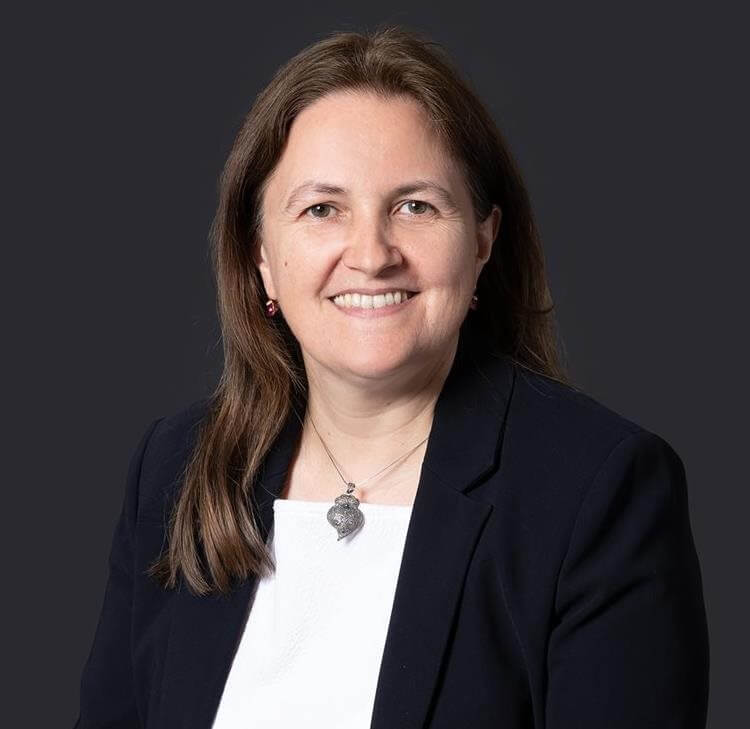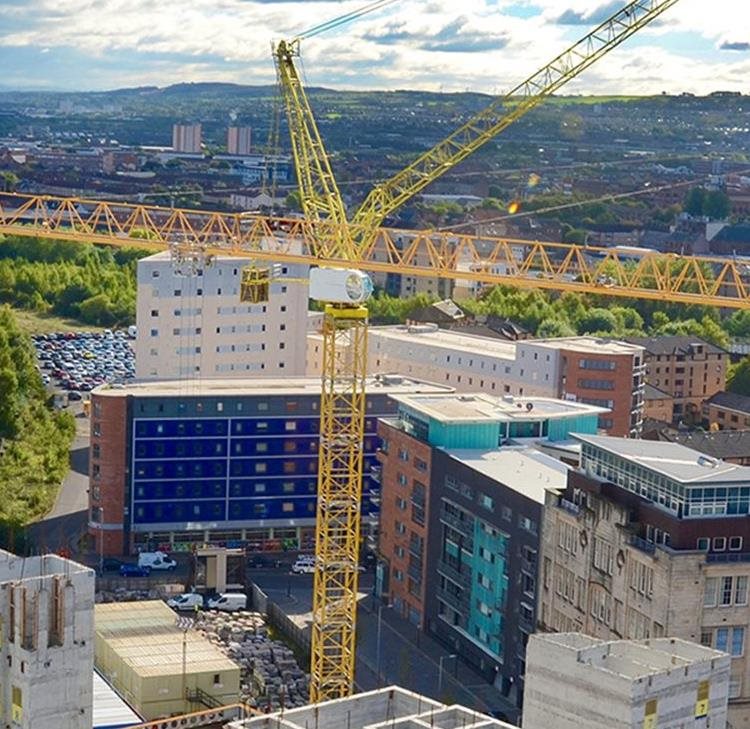Dipping in and out of the Investment Zones
Announced in September but scrapped on 17 November the investment zone proposals were very short lived. The proposal has now morphed into the proposal for a smaller number of clustered zones earmarked for investment.
Announced in September but scrapped on 17 November the investment zone proposals were very short lived. The proposal has now morphed into the proposal for a smaller number of clustered zones earmarked for investment.
What we had expected for their short life was that some of the mechanisms of the Enterprise Zones (48 of which were created between 2012 and 2018) would be recycled (which in themselves employed some of the tools of the 1980s enterprise zones.)
The Enterprise Zones, described as “the most powerful funding tool handed to local authorities …we have seen for decades”, offered businesses:
- Up to 100% business rate discount for up to 5 years
- 100% enhanced capital allowances on plant & machinery
- Simplified planning through Local Development Orders
and helped deliver schemes which created jobs and investment into their areas, examples being the Phoenix 10 scheme in the Black Country EZ, Smithfield in Birmingham EZ and Skylon Park in The Marches EZ (Hereford), in particular by using tax increment funding where there was true collaboration between the public and private sectors.
The advantage for the local area occurred because the business rates are kept by the local authorities and LEPs in the EZ area for 25 years to reinvest; this commitment enabled capital to be raised based on tax increment funding, so local authorities could invest into land and property to kick start regeneration projects that would have struggled to be delivered by either the private sector or with the public sector involvement, had those same mechanisms not been available.
Investment zones as an idea were not well received, however. The Government’s stated intention was for them to complement Freeports with existing Freeports able to apply to become investment zones. There was a certain degree of controversy around the first round of applications, with some authorities declaring that they did not wish their projects to be allocated as IZs, due to a concern over de-regulation within the zones of measures designed to protect the environment.
Concerns voiced (other than the infamous lack of costing laid out for the policy) included:
- Investment Zones could fall within some of the most environmentally protected areas of the UK and the removal of protections could place nature and the environment at harm
- Lack of detail around funding from central government
- Whether they really do unblock the barriers to investment and development; at a recent Centre for Cities webinar3 the overwhelming consensus from panellists was that the actual barriers are far more linked to a lack of transport infrastructure and skills than they are to de-regulation and tax breaks alone. They may create benefit on a small scale in relation to a number of local projects but were not thought sufficient to attract sufficient international inward investment, where investors are traditionally attracted by a certain political and legal certainty in the UK as opposed to the UK being a “cheap” place to do business.
With the return of Michael Gove as Levelling Up Secretary it became more likely that Investment Zones would morph into the Regeneration Zones that were mooted in the Levelling Up White Paper, published in February 2022.
“High potential knowledge intensive clusters” will, apparently, be accelerated in the next few months, so hopefully it will become clear what these are during this time.
Other news noted from the autumn statement was that whist levelling up funds continue, mention of the prosperity fund was conspicuous in its absence: now that is it impossible for the funds to be spent in the required timescale it gives the Government the politically unpalatable option of reclaiming its own underspend or; providing more flexibility along with additional funds.









































